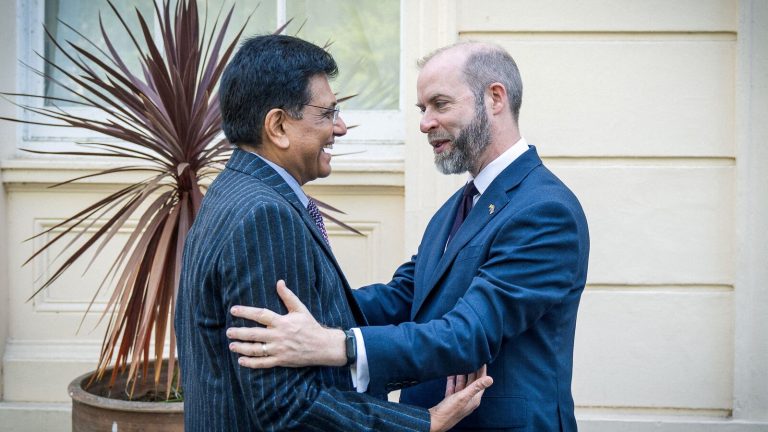On 6 May, India and the UK took a monumental step in strengthening their economic ties by finalizing a landmark free trade agreement (FTA). It’s not just a trade pact; it represents a commitment to fostering deeper economic collaboration between two of the world’s largest democracies. Alongside the FTA, both nations have agreed to negotiate a reciprocal social security treaty—the Double Contributions Convention (DCC)—which is expected to significantly impact businesses and employees moving between the two countries.
The Double Contributions Convention
The DCC is designed to facilitate the movement of employees between India and the UK by addressing the complexities of social security contributions. Under the current system, Indian nationals working in the UK are required to contribute to the UK National Insurance Contributions (NIC) after a 52-week exemption, if applicable.
However, this system has its drawbacks, particularly for those who do not stay in the UK long enough to benefit from the contributions they make. For instance, Indian nationals may not receive any benefits if they work in the UK for less than 10 years.
The DCC aims to resolve this issue by allowing employees temporarily working in the other country for up to three years to pay social security contributions in their home country. This provision is crucial as it prevents the fragmentation of social security records, ensuring that employees maintain continuous coverage and benefits.
Benefits for Indian nationals in the UK
One of the most significant advantages of the DCC for Indian nationals is the exemption from paying UK NIC for a period of three years. This exemption means that Indian employees can continue contributing to the Employees’ Provident Fund (EPF) in India, enjoying uninterrupted social security benefits. This arrangement not only eases the financial burden on Indian workers but also allows them to retain their social security benefits in India, which is particularly important for those who plan to return home after their stint in the UK.
However, it is essential to note that Indian nationals working in the UK may still be required to pay the UK immigration health surcharge. This surcharge is a separate fee that contributes to the National Health Service (NHS) and is applicable to all foreign workers in the UK.
Implications for UK nationals in India
The DCC also extends its benefits to UK nationals working in India. Currently, UK nationals qualify as ‘international workers’ under the EPF Scheme in India, which mandates that employers contribute 24% of the gross salary. Upon reaching the age of 58, individuals can claim a full refund of their contributions, along with interest, upon leaving India.
Under the DCC, UK nationals temporarily working in India will be exempt from contributing to the EPF for three years. Instead, they will continue to contribute to the UK NIC, ensuring that they maintain their social security benefits in the UK. This reciprocal arrangement is expected to encourage more UK nationals to consider employment opportunities in India, knowing that their social security contributions will not be adversely affected.
Early withdrawal benefits and future considerations
A critical aspect of the EPF Scheme is that it allows International Workers from countries with which India has entered into social security agreements to claim full withdrawal of their contributions upon completion of their Indian employment, regardless of their age. However, it remains unclear whether UK nationals who have previously contributed to the EPF will be eligible for early withdrawal benefits under the new DCC.
As the DCC is still in the negotiation phase, both countries will need to clarify this point to ensure that UK nationals are fully informed of their rights and benefits. The successful implementation of the DCC will depend on the completion of relevant processes in both India and the UK, and stakeholders will be closely monitoring its progress.
A step towards enhanced economic ties
The India-UK FTA and the accompanying DCC represent a significant leap forward in the economic relationship between the two nations. By addressing the complexities of social security contributions, the DCC is poised to facilitate smoother employee mobility, fostering greater collaboration between Indian and UK businesses.
As both countries work towards finalizing the DCC, it is essential for employers and employees to stay informed about the benefits and implications of this agreement. The DCC not only promises to enhance the social security landscape for employees moving between India and the UK but also signifies a broader commitment to strengthening economic ties and promoting mutual growth.
As these agreements come into force, they will undoubtedly pave the way for new opportunities and collaborations, benefiting businesses and employees alike.
Sonu Iyer is partner and national leader, people advisory services-tax, EY India, and Puneet Gupta is tax partner, EY India.



